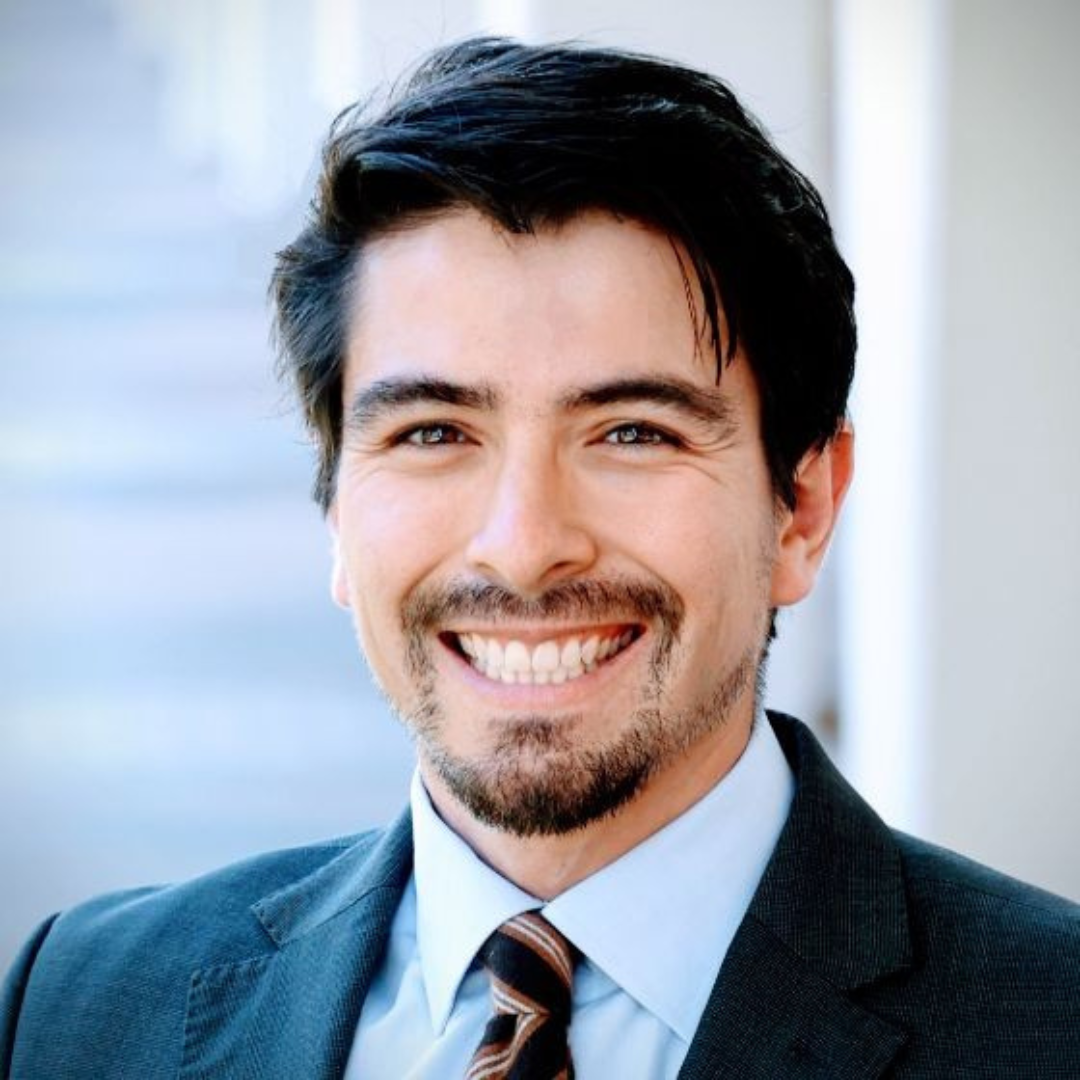Global Push for Soil Security: Motion 007 presented at IUCN Congress 2025
The missing piece in global stewardship.
When the global conservation community gathers in Abu Dhabi for the International Union for Conservation of Nature (IUCN) World Conservation Congress from October 9 to 15, 2025, one motion will stand out as both overdue and transformative: Motion 007: Soil Security Law.
This motion, to be debated and voted on by IUCN members, is a call for the Union to place soil security firmly on the global legal agenda.
The soil is the silent foundation of life, supporting food production, regulating water, storing carbon, and sustaining biodiversity. Yet, it remains the least protected part of nature.
While robust international frameworks exist for forests, water, and climate, there is no parallel legal foundation for soil. This gap has led to degradation acceleration, undermining food security, climate resilience, and ecological stability worldwide.
What Motion 007 Calls For
Motion 007 directly addresses this omission. It calls on IUCN and its Members to begin building the global legal architecture that soil so urgently needs. Specifically, the motion requests IUCN members to:
-
-
- Develop concepts and parameters for a global convention or a global legal instrument on soil security
- Evaluate and propose national or regional laws to protect, restore and rehabilitate soil ecosystems, with a focus on sustainable agriculture
- Encourage states and regions to adopt legal frameworks addressing threats to soil and promoting soil security and in particular sustainable agriculture practices
-
If adopted, this motion would represent a systemic shift: placing soils at the same level of protection as forests, wetlands, and the climate system.
Why now?
Soil is proving its resilience. Across regions, targeted action has restored organic carbon, improved nutrient balance, and revitalised degraded soil.
From Indigenous knowledge to new monitoring tools, the evidence is clear: when soils are valued and cared for, they recover. With secure soils come stronger food systems, thriving ecosystems, and more climate-resilient landscapes.
Momentum is already building.
What is missing is a unifying legal framework to scale these successes and ensure that every nation can benefit from shared standards and protections. Motion 007 arrives at the right moment to turn optimism into coordinated global action.
Importantly, this motion does not start from scratch. It builds on the wealth of knowledge generated by science, Indigenous traditions, and existing international agreements, while also acknowledging their limits. While many institutions acknowledge soil’s importance, none provide the binding legal framework required to safeguard it at scale. That is why IUCN, as the world’s largest conservation Union, is uniquely positioned to lead this effort.
Conclusion: A Mandate for the Future
The work will not be easy. Just as global conventions on biodiversity and climate required years of negotiation, so too will a framework for soil security. But every long journey begins with a first step, and Motion 007 provides exactly that: a clear mandate to start.
Adopting this motion next October would send a powerful message. The conservation community refuses to treat soils as an afterthought any longer. A “Yes” vote will give IUCN the mandate to begin shaping the tools we need to protect the very ground beneath our feet, ensuring it can continue to support ecosystems, societies, and future generations.
Soil security is not invisible; it has simply been overlooked. Motion 007 is our chance to correct that oversight. We call on all IUCN Members to support it at the World Conservation Congress 2025.
The time has come to give soil the legal voice it deserves.

by Julio Pachón Maldonado
Postdoctoral Research Associate in Soil Security
Julio Pachón Maldonado is a soil scientist whose work centres on soil security, particularly the dimensions of Connectivity—people’s awareness and engagement with soils—and Codification—the legal and policy frameworks that protect them. He has collaborated with stakeholders across Europe, Africa, South America, North America, and Australia, combining field-based pedological experience with advances in digital soil mapping and policy analysis. His current focus is on self-assessment tools that allow farmers, policymakers, and land managers to connect directly with the latest soil research in a personalised way, while also exploring how artificial intelligence can assess legislation and strengthen governance frameworks that bring soils into global sustainability debates.
